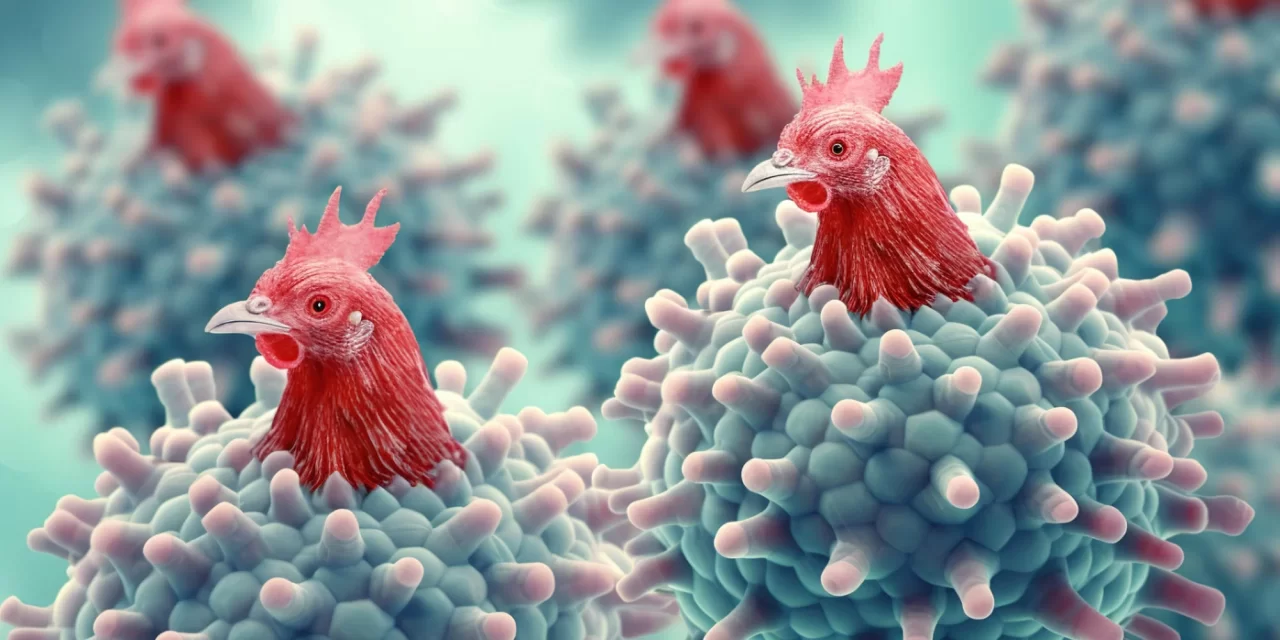In a recent development, the World Health Organization (WHO) has confirmed Australia’s first case of H5N1 avian influenza in a child who had traveled to Kolkata, India. The WHO disclosed that the child, whose identity remains anonymous, visited Kolkata from February 12 to February 19 before returning to Australia on March 1. The case marks a significant health alert as H5N1 is known to primarily affect birds but can also be transmitted to humans under certain conditions.
The child was admitted to a hospital in Australia on March 2 and remained under medical care for over two weeks. Notably, no close family members in Australia or individuals in India reported any symptoms related to the virus as of May 22, according to the WHO’s latest findings.
Genetic sequencing of the virus confirmed it as subtype H5N1, a strain commonly found in Southeast Asia and occasionally affecting both humans and poultry. This particular strain has been previously identified in human infections and poultry populations in the region.
Dr. Amesh Adalja, an infectious disease expert from the Johns Hopkins Center for Health Security, emphasized the need for a thorough investigation into the child’s potential exposure to birds during their stay in Kolkata. “H5N1 viruses typically do not spread efficiently between humans, suggesting there may have been an unnoticed contact with infected animals,” Dr. Adalja stated, highlighting the importance of pinpointing the source to prevent further spread.
The WHO continues to collaborate with Australian health authorities to conduct detailed epidemiological investigations and trace potential contacts both in Kolkata and upon the child’s return to Australia. Efforts are underway to ascertain if the child had any direct or indirect contact with poultry or birds during the Kolkata visit, or if there were any reported outbreaks of H5N1 in the area during that period.
As global health officials monitor the situation closely, heightened vigilance is advised among healthcare providers and the public regarding symptoms associated with avian influenza. Symptoms can range from mild respiratory issues to severe illness and necessitate prompt medical attention.
The WHO and relevant health agencies are expected to release further updates as investigations progress, aiming to contain and understand the implications of Australia’s first reported case of H5N1 avian influenza in a person.












